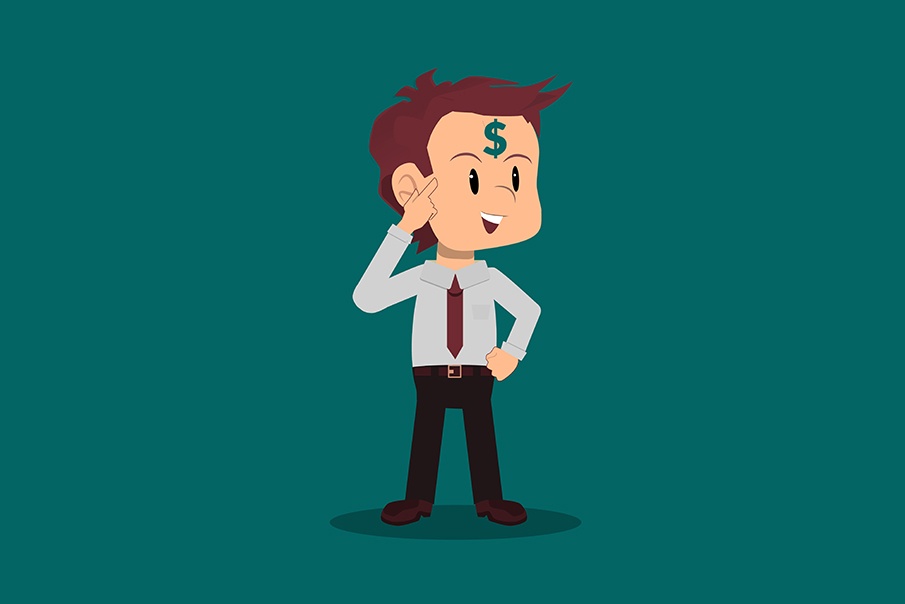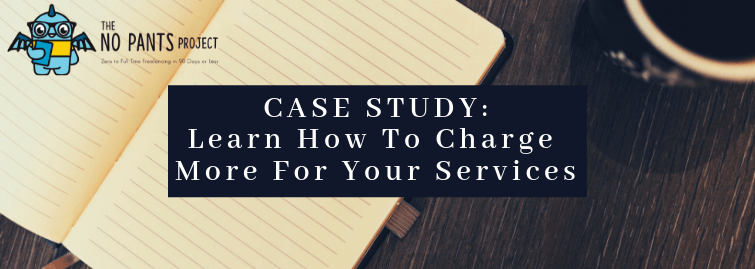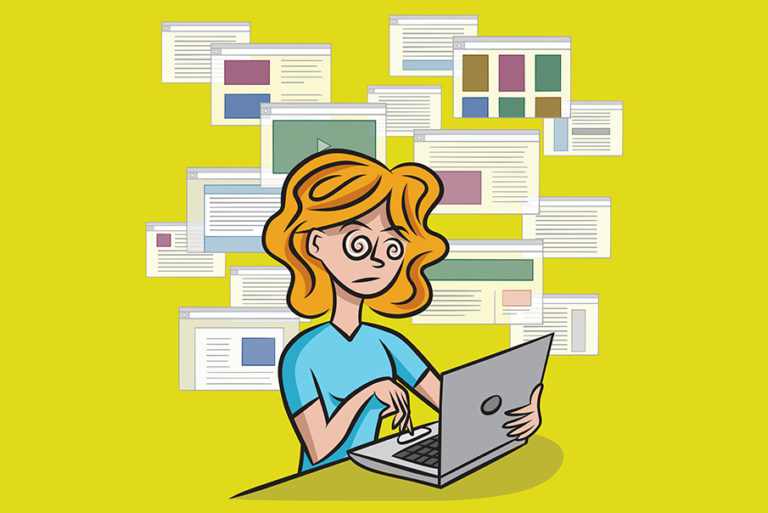Have you ever thought about how your money beliefs could be hurting your freelance business?
While most of us probably don’t aspire to be filthy rich, every freelancer I know wants to make good money on some level.
But our methods of doing this are often misguided.
We often believe that if we learn X new closing tactic or offer Y new service, we’ll be able to charge more.
Or we even more mistakenly believe that we just need to serve more people, attract more volume in our business, and we’ll reach six figure levels of success
But the very first step to making more money in your business is actually to address your unconscious beliefs around money.
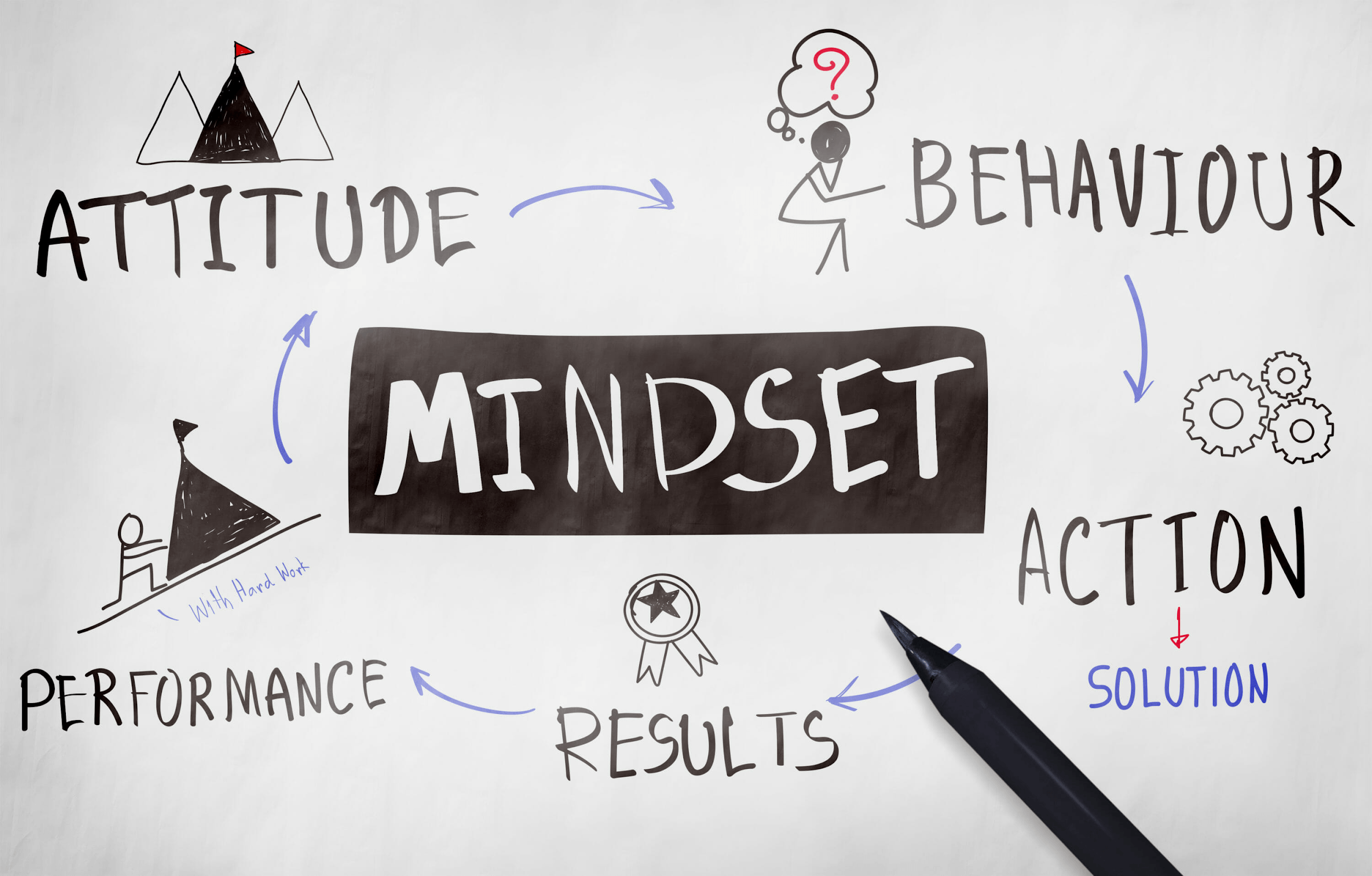
Because we all have them, and as a result, most of us have extraordinarily complicated relationships with money.
So complicated that your money beliefs are probably losing you sales or leading you to self-sabotage your own business – without you even knowing.
To help you put an end to all that, The No Pants Project Founder and Head Troublemaker Mike Shreeve, recently did an episode of The No Pants Show dedicated to guiding you through three key things you need to understand about money as a freelancer.
Mike says:
“For example, if you think money is evil, in what universe is your brain going to actively help you to get more of the thing that you think is evil?
“This is the kind of stuff that I’m talking about. I want to talk about money with you in this episode in a way that will allow you to view it objectively instead of subjectively, which is the lens through which most people have a relationship with money.”
By shifting your view of money in this way, you’ll be able to reach new heights of success within your business and continue growing near limitlessly.
So let’s get started.
Money Belief Shift #1: Money Is Nothing More Than A Tool
The most important thing to understand about money is this:
Money doesn’t care.
Money doesn’t inherently carry or assign value to anyone or anything – it’s simply a tool we use to represent how much we’re willing to trade in exchange for something we want or need.
Mike says:
“Money is not this thing that cares about whether you’ve worked hard or cares about whether you’re a good person or cares about whether you’re a bad person and haven’t worked hard.
“So that means that money is not emotionally charged in and of itself, which is to say we are the ones who assign an emotion to money. So it comes from us, not from money itself, but from us.
“How? We believe money to have meaning.”
We have associations and emotions assigned to money based on how we interacted with and saw it used when we were growing up.
But those are money beliefs we’ve created, or were given by others, not the reality.
The reality is that money is simply a more efficient bartering tool which helps us quickly communicate what we are willing to trade. Without it, we would all be waiting for days on end in supermarkets while everyone tried to make fair and equitable trades with the cashiers in exchange for a week’s worth of food.
Mike says:
“I wish that we could all go back to the barter system one month out of the year, because if we all went back to the barter system one month out of the year, I think it would snap a lot of us out of the mystique we’ve put around money:
“The idea that the greenbacks are some kind of magical mystical thing that has power, has meaning, has an influence over us.
“But if we went to the barter system for one a month – every year and for a month we had to trade things to get things – and we wanted five apples for an hour of your time, I think we’d see and understand that the dollar is simply a more efficient bartering process.”
As freelancers, we are willing to trade our time, talent, expertise, energy, and focus to someone for the tool of money, but money is not the end goal.
The money is a means for us to acquire what it is we really wanted or needed in exchange for our efforts, which the client may or may not have had on hand to give us if we bartered traditionally. Examples are paid bills, a new car, a new furnace, groceries, and so on.
The tool of money is just a way for you to be clear, concise, and efficient with strangers or prospects about what you need in order to give them what they want, so that everyone is able to reach their individual goals and meet their needs.
Money Belief Shift #2: Undercharging is Unethical
When you undercharge people, you are being dishonest.
How?
You’re asking for less in the trade than you really need to deliver the results your client is now expecting.
That means the temptation to under deliver can become overwhelming, or you simply won’t have the resources (most notably of time) to dedicate to delivering your best work.
Maybe that sounds fine. After all, why should you deliver more than what the client is paying for?
Except the client believes they are paying for your best work.
After all, no one goes out and buys something hoping it’s less than the best they can get for their money.
Mike says:
“Now you have a client who doesn’t know any better because you never told them in the conversation: ‘Oh by the way, I’m charging you less and so I’m going to give you less than my best.’ You never said that in the conversation.
“So the client assumes that you’re an ethical person and that when you priced your services, you priced them so that you would deliver the best possible form of whatever it is that you’re doing. And then when they get back what is less than your best, they’re not terribly impressed.
“And that moment, when they see what they’ve paid for, it can cause all sorts of confusion in them. And then they start to wonder what’s the difference between you and everybody else and either they continue to buy from you, but now they treat you like a commodity or they don’t buy from you anymore.”
And that’s when we get into the second, even more destructive trap of undercharging, which is commoditization.
When your money beliefs tell you that the only way to attract clients in the market is to offer a lower price, with the understanding that you won’t be delivering your best work because you won’t have the resources you need to do it, you get stuck.
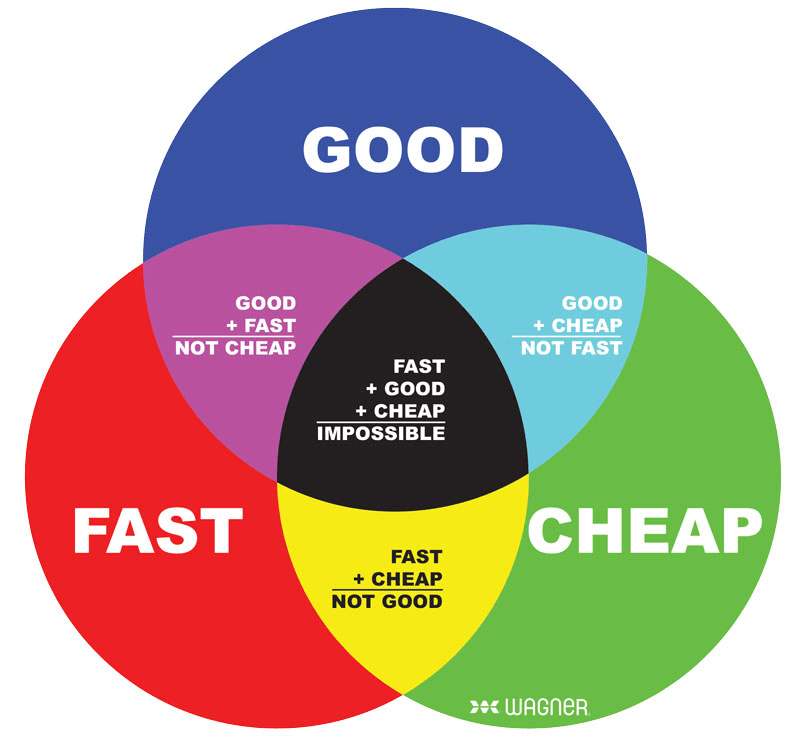
You become like every other freelancer competing on price, instead of quality, and you aren’t able to impress your clients because you’re never in a position to do your best work without stealing from yourself or giving it away for free (which at this stage you likely can’t afford).
You use the tool of money to make it impossible for yourself to do your best work, and you get stuck in the rat race.
The only way to break free is to charge ethical fees – rates that allow you to do your best possible work and maximize the results you deliver to clients.
(Bonus Reading: The Anti-Commodity Formula Workbook – Learn How To Start Charging Top Dollar For Your Creative Services.)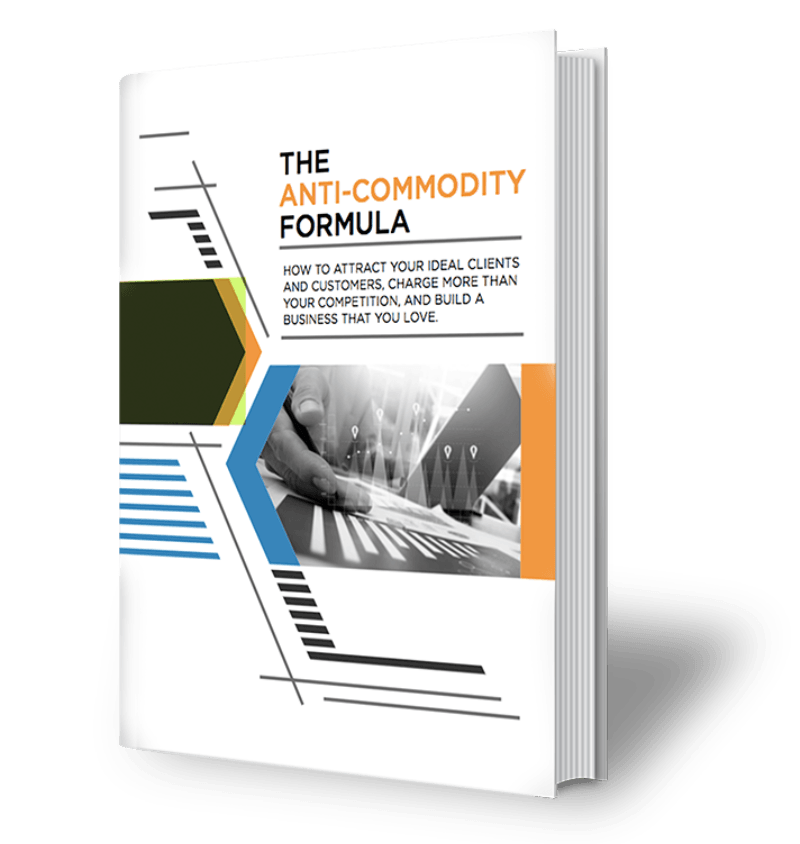
When you start providing quality and results, price is no longer a talking point.
Because, like we discovered in the first point – money is never the goal.
Achieving a desired result is your client’s goal, and when you help them solve that pain, trading money to you in return becomes a non-issue.
Mike says:
“There is tremendous irony in the fact that the response to that fear is to lower your price, to guarantee that the client won’t like what it is that you produce.
“Because you didn’t advocate for yourself and use the tool of money to buy the time and attention that you’re willing to trade this client in exchange for this agreed upon monetary tool.
“And because you weren’t able to advocate for yourself in that regard and have a full understanding of what money actually is, now you’re in the exact situation that you feared. This is why I say it’s unethical to undercharge.”
Need another reason to believe that undercharging is unethical?
Let’s say you believe that money is the root of evil.
That money belief would come from the fact that you’ve seen so many people misuse the tool of money for selfish, evil purposes (or your parents did and passed it on to you).
But if money is the tool they use to make these negative things happen while protecting their own interests (and it is), doesn’t it make sense that we should all be trying to earn more of it?
Shouldn’t we be putting money into the hands of people who would use it to better the lives of others, instead of people who are only self-interested?
When you charge ethical prices, you now have more of the tool that is money to do good in the world.
You are able to give more to charity, to donate more of your time, to focus on raising great kids who will go on to do amazing things for our world in the future, to spread happiness and abundance to everyone around you.
Mike says:
“If your goal is to get as much of that tool as possible so that you can expand your ability to barter to get good things done, you are in essence collecting tools for influence and change and improvement.
“If I then take those tools and try and help as many people as I possibly can, I’ve now expanded and grown the influence of that tool more than it was originally in its primary state.
“So I want to start a revolution where good people get filthy, stinking rich so that we can outnumber the bad people who are filthy, stinking rich, because money doesn’t care.”
Money Belief Shift #3: People Trade Money For Value
Mike says:
“Here’s the best way I can describe this process to know how to get as much money as possible. It’s very, very simple. And it is that people pay for what they value. Period. Full Stop.
“People pay for what they value.
“In other words, a very simple measurement. If you do not have enough of the monies, if you do not have enough little tickets that represent bartering, it is because you are not offering something that people value to trade.”
Or, you’re offering something of value to the wrong people.
Money may be objective, but value is not.
Value is highly individual and determined by emotions, sentiment, and psychological triggers – not rational, cost-of-components thinking.
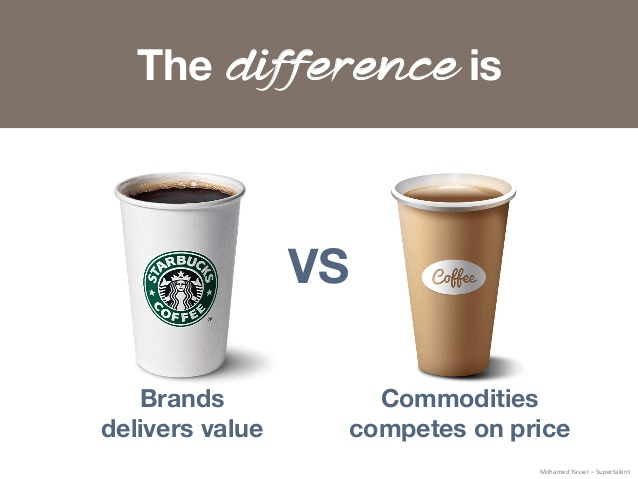
That means you just need to find the prospects who value the results you can achieve for them enough to pay your rates, wherever you set that bar.
If people aren’t willing to pay for your services, it’s not because you’re a bad person, you’re bad at sales, or you’re bad at marketing – it’s because you either are trying to offer your service to a market that doesn’t value it, or you’re not offering a service that others value.
Mike says:
“Your job isn’t to do anything other than be a detective to find where the value is. Then you can make the moral judgments, but you make the moral judgments after you do the detective work and say, ‘Okay, well this is what people are paying for. Is this something I want to get involved in?’
“There’s plenty of businesses I’m not getting involved in, but I did the detective work to see how it worked and then I said, ‘Okay, maybe I do or maybe I don’t want to do that.’”
Then, returning to the second point, as a freelance service provider looking to command higher fees, you offer a premium service rather than basing your business profits on volume of sales or clients.
Remember: “premium” is not a label that you put on people who do the bare minimum. You need to do the work of determining your freedom number and charging what you need in order to have the creative space and time to do your best work and deliver the best results you can.
Each and every time.
The 3 Critical Things Freelancers Need To Understand To Change Their Money Beliefs:
- Money is just a tool: It’s not evil, it’s not power, and it’s not emotional in and of itself. We add meaning to money that isn’t inherently there, so we need to remind ourselves that our ideas about what money means to us and can do for us are not part of the money itself, but the result of how we use it.
- Undercharging is unethical: Every client wants to buy the best their money can get them, so when you undercharge you are knowingly robbing them of your best work. Charge what you need to do your best work so you can create premium results for your clients, instead of racing to the bottom with commoditized freelancers.
- People buy what they value: Money is objective, but value is subjective. Do the work to find out what people value, what aligns with your morals, and what you can deliver. If you’re not able to charge what you want, you need to up the value you deliver, or find prospects who value your service as highly as you do.
Listen to the full podcast here.
If you need help shifting your money beliefs, finding your own freedom number, developing a premium service offering, or doing the detective work of discovering what prospects value, join us in The No Pants Project today!
Also, be sure to jump over to iTunes to rate and subscribe our show! If you’ve got a preferred podcast app, you can find us on your favorite one by jumping through here.

